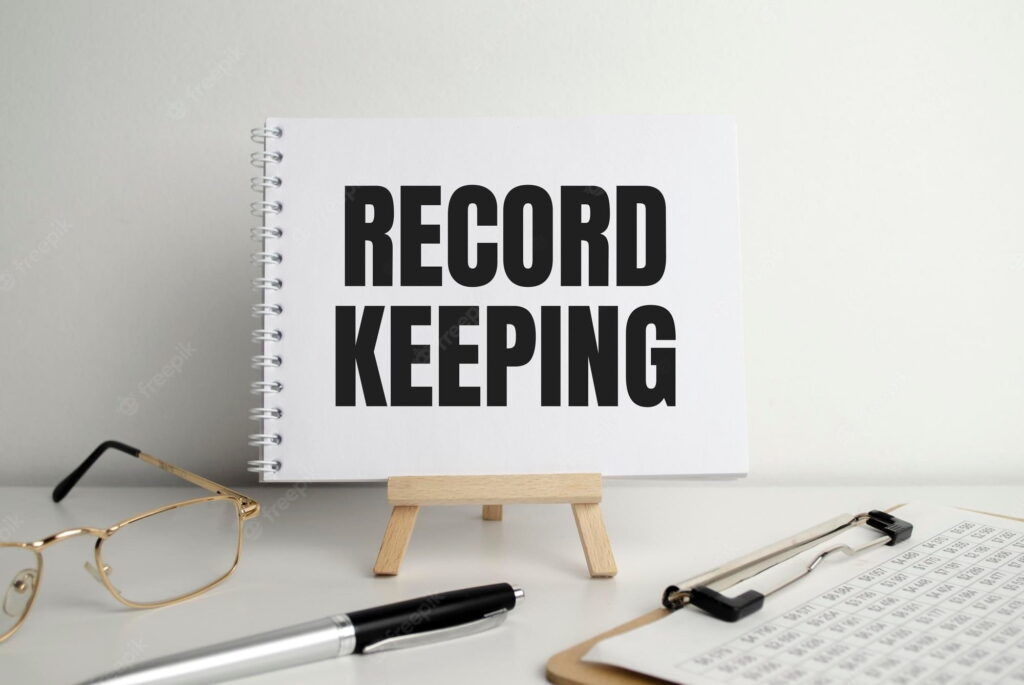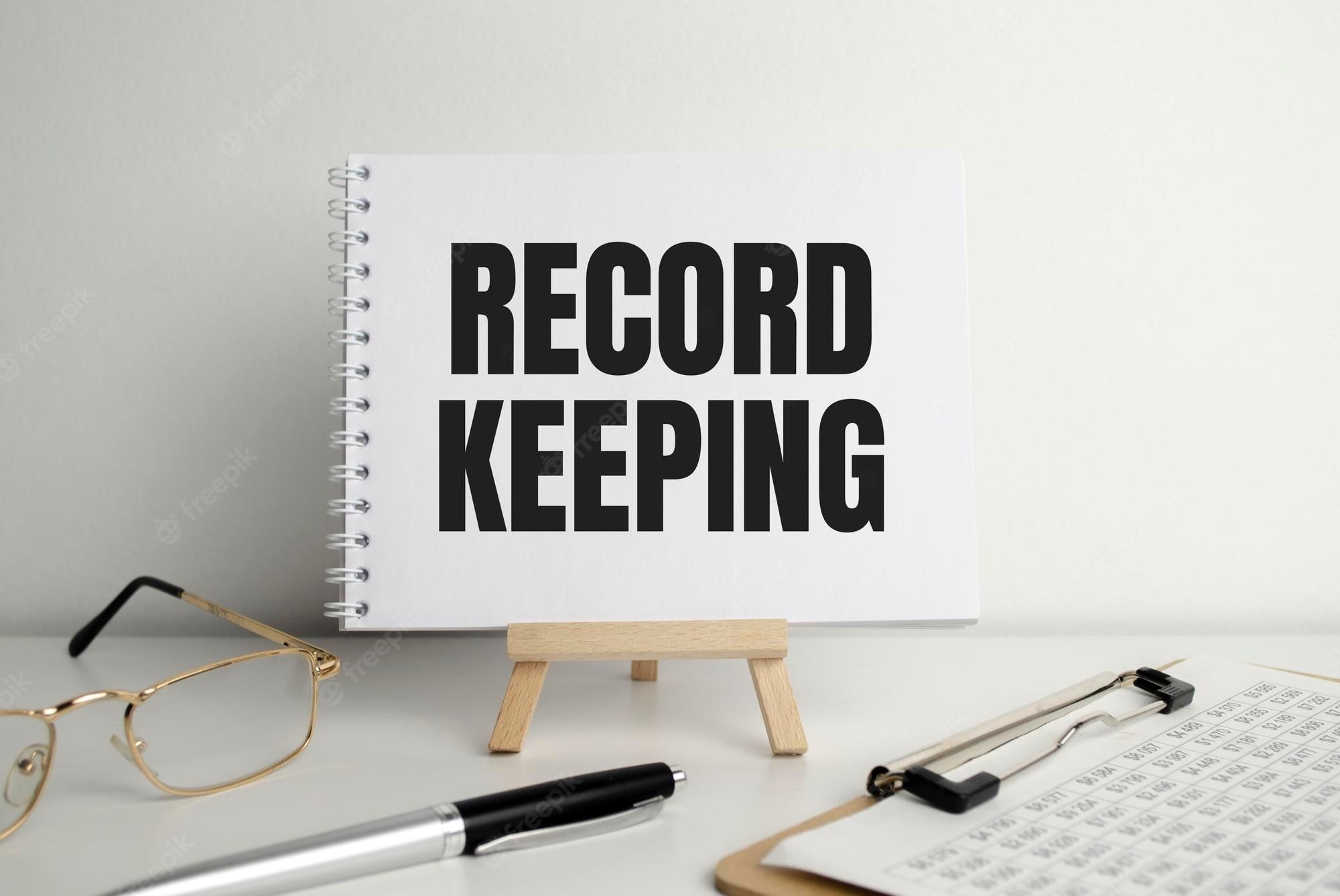The Importance of Record Keeping in Business
 Record keeping
Record keeping
Effective record keeping is the backbone of a successful business. It ensures that an organization operates smoothly, meets its legal obligations, and maintains a clear financial picture. Whether you’re managing a small startup or a large corporation, keeping accurate and organized records is essential for growth and sustainability.
What Is Record Keeping?
Record keeping involves systematically organizing and maintaining all documentation related to a business’s operations. This includes financial transactions, employee records, customer information, inventory logs, and legal documents. With the advancement of technology, businesses now rely on both physical and digital records.
Benefits of Record Keeping
- Financial Management
Record keeping helps track income, expenses, and cash flow. Accurate financial records are vital for preparing budgets, filing taxes, and securing loans or investments. - Legal Compliance
Governments and regulatory bodies often require businesses to maintain records for a specific period. Proper documentation ensures compliance with laws, reducing the risk of penalties or audits. - Improved Decision-Making
Access to organized records provides insights into business performance. Owners can analyze trends, identify opportunities, and address inefficiencies effectively. - Customer and Supplier Relations
Keeping track of contracts, invoices, and correspondence fosters trust and clarity in business relationships. - Business Continuity
In the event of an unexpected disruption, well-maintained records allow a business to resume operations quickly. They also facilitate succession planning and business valuation.
Types of Records Businesses Should Keep
- Financial Records
- Income statements
- Balance sheets
- Tax returns
- Payroll records
- Receipts and invoices
- Operational Records
- Inventory logs
- Sales and purchase reports
- Maintenance schedules
- Legal Records
- Business licenses
- Contracts and agreements
- Intellectual property documentation
- Employee Records
- Contracts
- Timesheets
- Performance reviews
- Customer and Supplier Records
- Contact information
- Transaction history
- Service agreements
Best Practices for Effective Record Keeping
- Organize and Label
Use clear categories and labels for easy retrieval. A consistent naming convention for files can save time and effort. - Adopt Digital Solutions
Cloud-based software and apps offer secure storage and simplify access. They also provide backup options to prevent data loss. - Set a Retention Schedule
Not all records need to be kept indefinitely. Determine how long each type of document should be stored based on legal requirements and business needs. - Secure Sensitive Information
Protect customer, employee, and financial data from breaches by using encryption, passwords, and access controls. - Regular Updates
Periodically review and update records to ensure they are current and accurate. - Train Staff
Educate employees on the importance of record keeping and the procedures to follow. This creates a culture of accountability.
Challenges in Record Keeping
- Volume of Data: Businesses generate a vast amount of information daily, making organization crucial.
- Compliance Requirements: Adhering to different laws across jurisdictions can be complex.
- Technological Risks: Cybersecurity threats pose challenges to maintaining secure digital records.
Conclusion
Record keeping is more than just a regulatory requirement; it’s a strategic tool for achieving business success. By implementing organized systems and leveraging technology, businesses can maintain transparency, streamline operations, and position themselves for long-term growth. Remember, the better your records, the stronger your business foundation.
Share this content:






















Post Comment